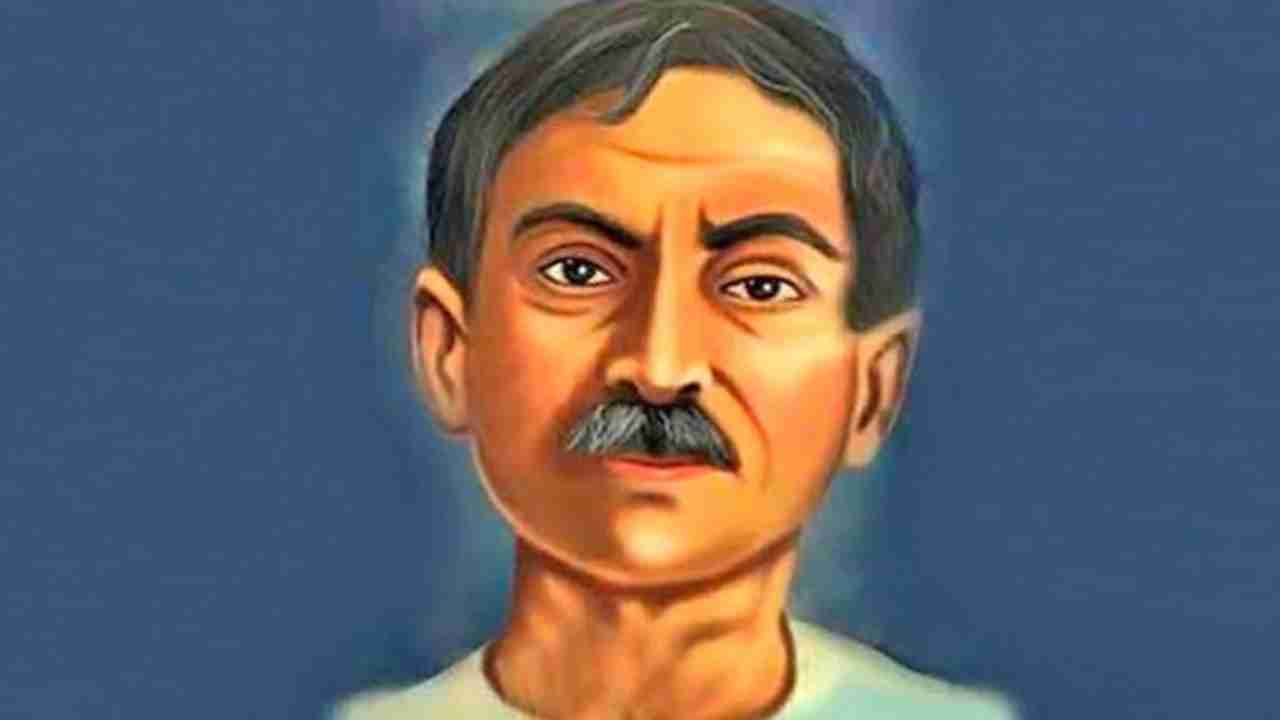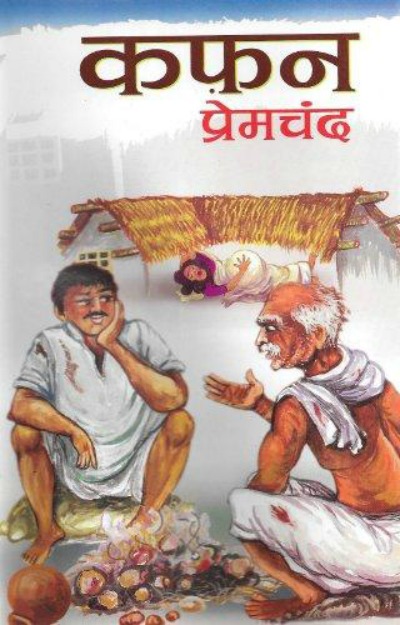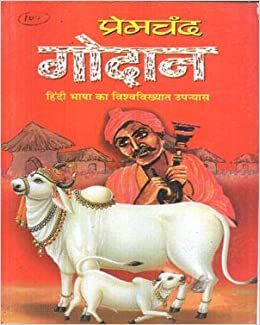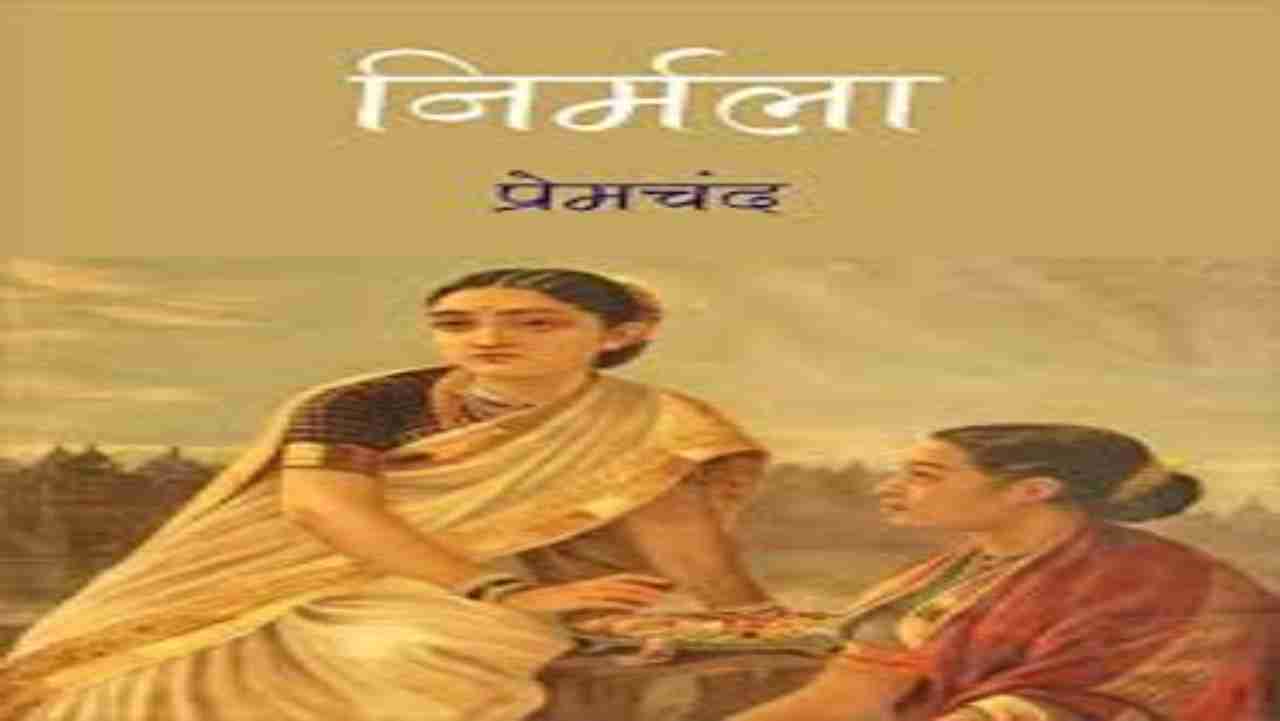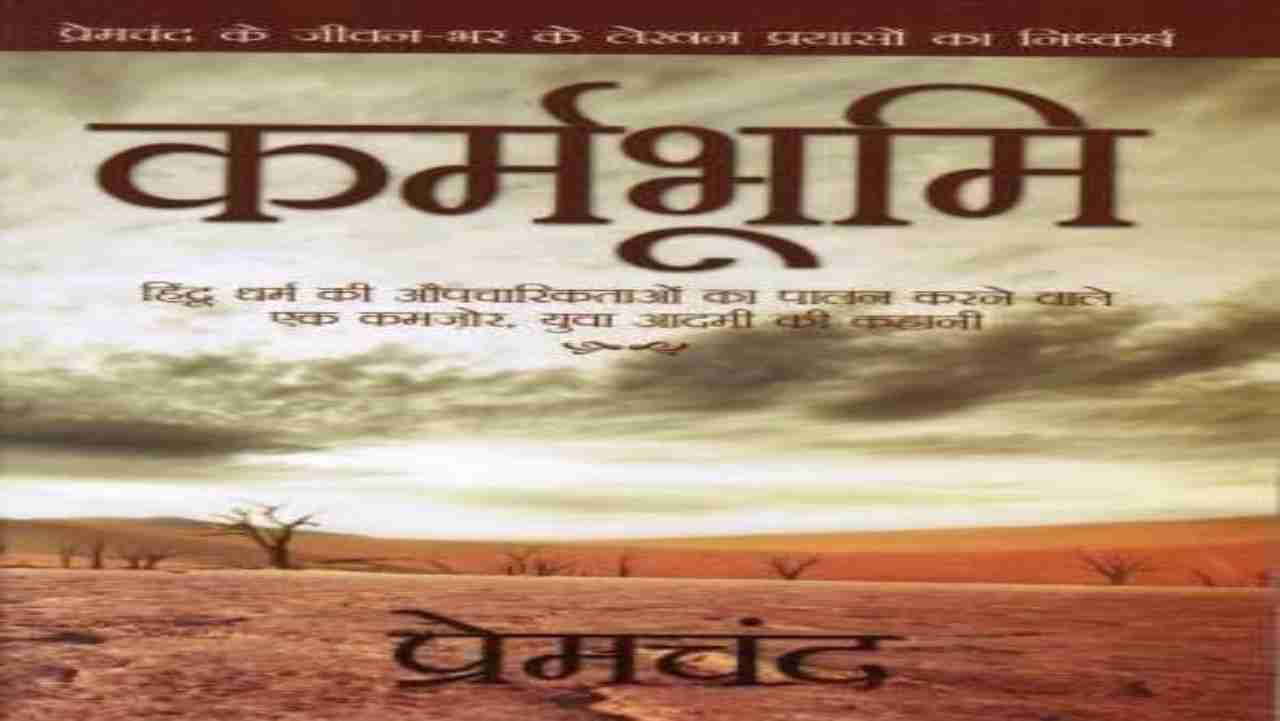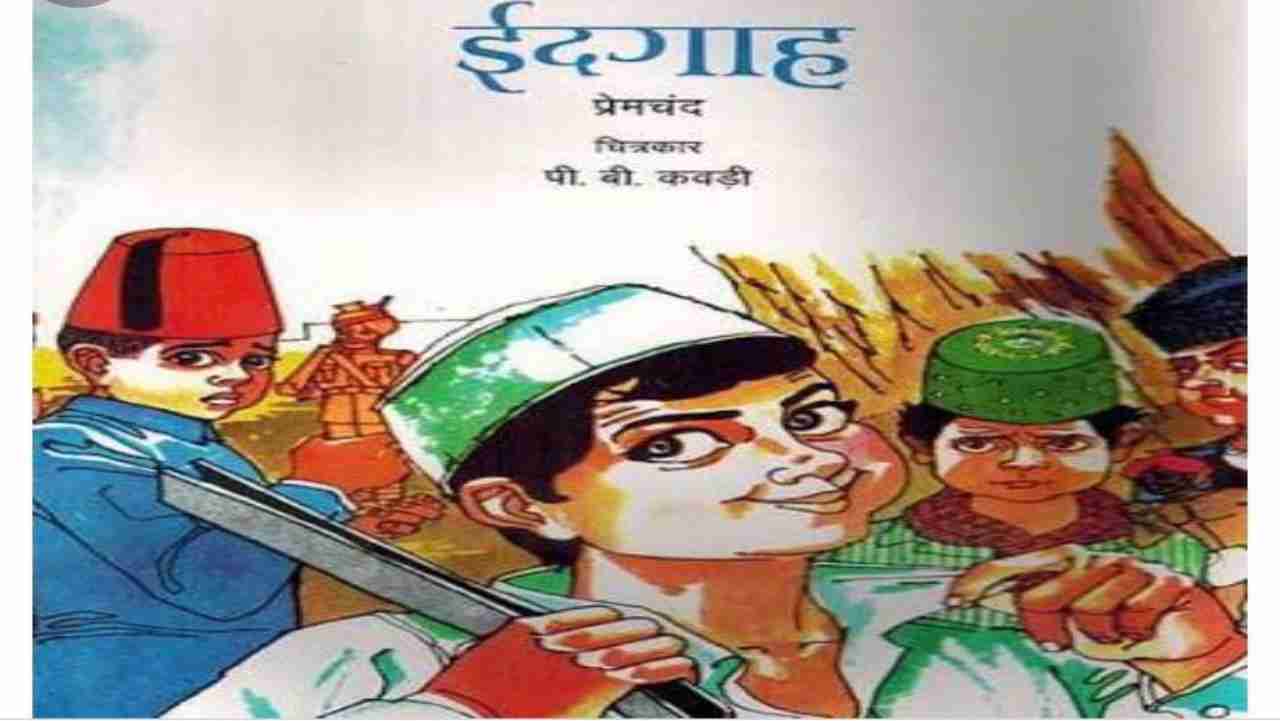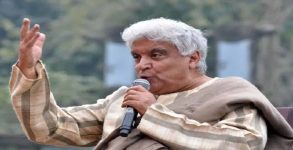Munshi Premchand, the most celebrated writer of India was born on July 31, 1880, in Varanasi, Uttar Pradesh. This year, July 31 marks his 140th birth anniversary. Munshi Premchand is popularly viewed as ‘ Indian Shakespeare’.
Born as Dhanpat Rai Srivastava, this extraordinary writer has written more than a dozen novels and over 250 short stories. Most of his novels were inspired by his personal life and told stories about the socio-economic conditions. He wrote about issues that hold importance to this date, such as caste discrimination and prevalence of dowry.
His stories ‘Kafan’, ‘Namak Ka Daroga’, ‘Panch Parmeshwar’, ‘Poos Ki Raat’, ‘Budhi Kaki’, ‘Idgah’, and novels ‘Godan’, ‘Seva Sadan’, ‘Rangbhoomi’ are timeless and ever relevant.
Here are the top 5 most celebrated works of Munshi Premchand:
Kafan
This short story highlights the tale of a father and son. Through the father-son duo of Ghisu and Madhav, Premchand talks about people who don’t work to earn the living and always play helplessness as an excuse for their endless failures. The tale depicts the heights of shamelessness and recklessness when the father-son tries to justify spending the money that they had borrowed to buy a Kafan (shroud) for Ghisu’s dead wife, on drinks and food.
Godan
The story depicts the plight of rural India. Godan is considered to be Munshi Premchand’s best work as it talks about the peasant India. It is a story of harsh circumstances, bleak optimism, and hard-hitting truths. Godan is Premchand’s ultimate ode to the Indian farmer. It portrays the plague in Indian villages, be it casteism, the exploitation of women, the capitalistic exploitation of the peasant class.
Nirmala
The women-centric story talks about the social evil that still prevails in India, the Dowry system. Nirmala not only deals with the sufferings of a woman, but it hits and hits hard on everything that’s done in the name customs and traditions in making the lives of humans, women especially already miserable lives more miserable than ever before.
Karambhoomi
Karmabhoomi highlights the cause of Gandhian theory of peace and ahimsa and talks about social change, sacrifice, clash of ideology, and nature of human beings. Premchand has described the unity of Hindus and Muslims and their exploitation by the British that led to the world-known partition as India and Pakistan.
Eidgah
This is a story of a 5-year-old Muslim boy Hamid. He lives with his grandmother who hardly manages to give him a two-time meal. At the time of Eid, all people from the village head to Eidgah for prayers. The story is a tribute to human emotions and sacrifices people make for their loved ones.

